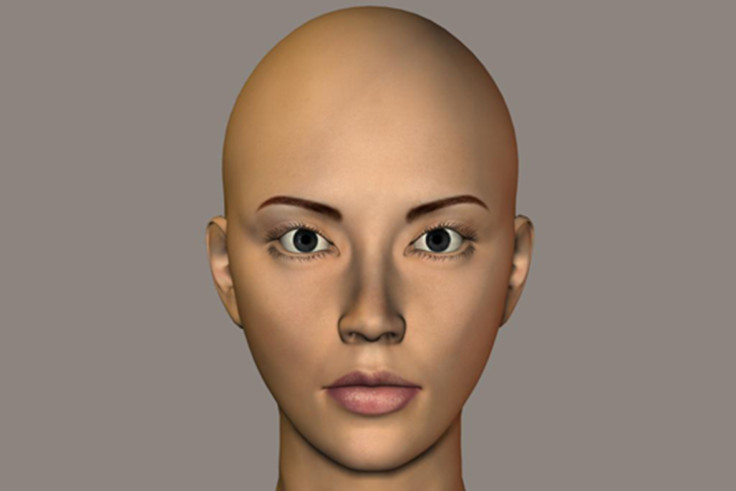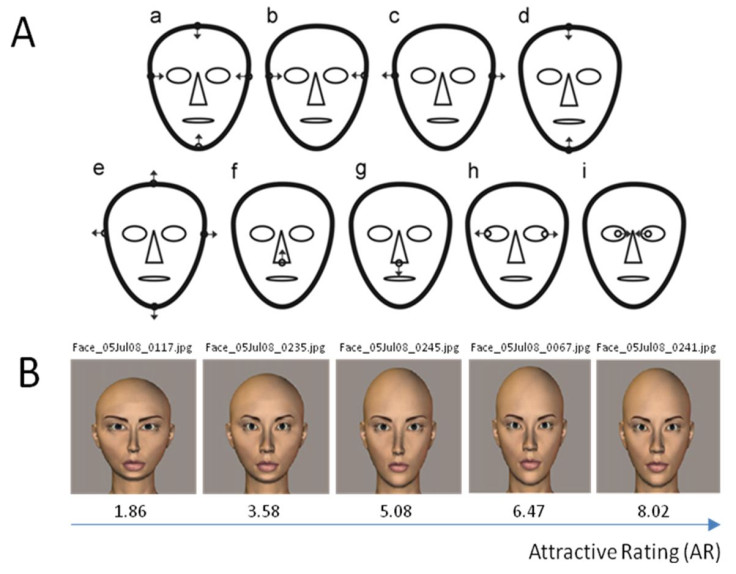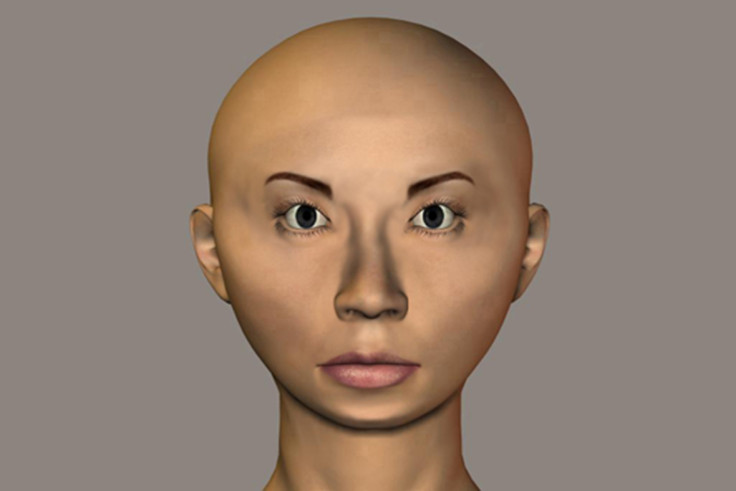Straight men's brains literally light up when they see a pretty woman's face
Brain scans show how men and women react differently to female faces.

The first study to map the brain's reaction to faces with differently proportioned features has been published in the journal Scientific Reports. In doing so, scientists have been able to work out what happens when men and women look at attractive faces.
Researchers in China and the US got 41 heterosexual young adults – a mixture of men and women – to look at a series of computer-generated images of female faces. While they were doing so, they used fMRI imaging to see how their brains responded to the images. They also asked the subjects to rate how attractive they thought the images were.
As a starting point, the team made an image from merging several female celebrity pictures found online. Then they altered the proportions of the facial features and the distances between them according to different ratios.
When the subjects had all cast their votes on how attractive each of this range of faces was, the researchers totted up their scores to see how faces with higher or lower ratings affected people's brains.
The heterosexual men, as might be guessed, responded with different parts of the brain to women. Most notably, the amygdala – an almond-shaped part of the brain involved in emotion and emotional behaviour – lit up in the male brains, but not in the heterosexual women's brains.

"Although men and women generally agree on what faces are attractive, the brain responses are slightly different," Jintu Fan, a fashion and technology researcher at Cornell University and co-author of the study, told IBTimes UK. "[Heterosexual] men are likely to assign more importance than women to female facial attractiveness."
If a similar study was done with male faces, Fan says that he would expect a different response. "It may not be the exact reverse response. But one can expect different brain responses of men and women viewers on male faces." For heterosexual individuals, opposite-sex faces could hold greater significance or reward value than same-sex faces, says co-author Dewen Hu of the National University of Defense Technology in China.
Fan says that he finds female facial attractiveness "a very interesting topic". He plans to build on this research to find how facial proportions play into other factors to result in the attractiveness of a face. "It will be interesting to conduct further work with real human face images adjusted to create the same neutral expression and hair style," he says.

© Copyright IBTimes 2025. All rights reserved.






















